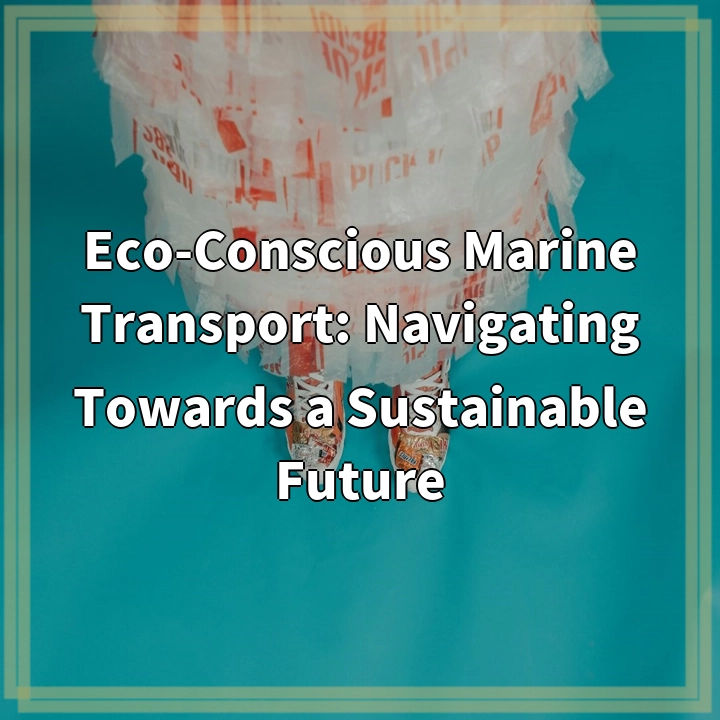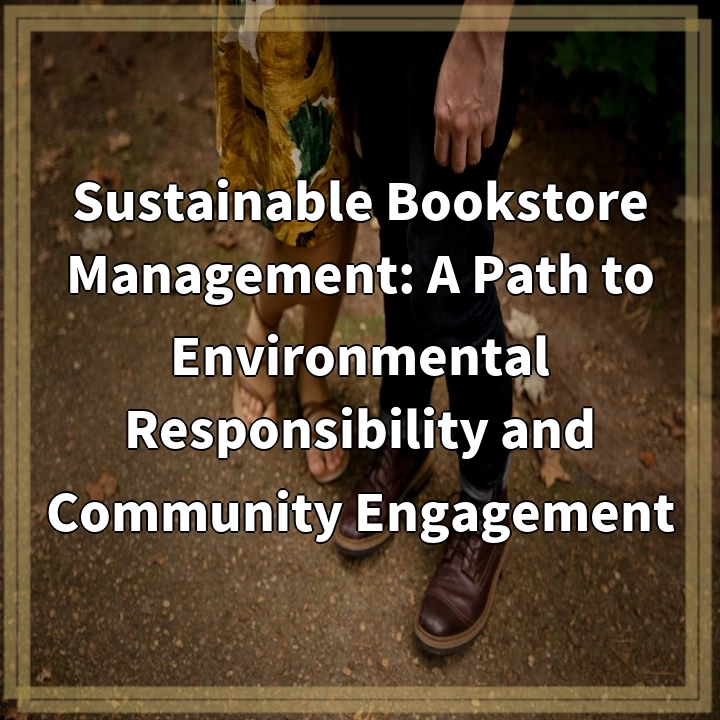
What is Eco-Conscious Marine Transport?
Eco-conscious marine transport refers to sustainable practices and technologies implemented in the maritime industry to minimize its environmental impact. It involves developing and deploying eco-friendly solutions to reduce emissions, improve energy efficiency, and protect marine ecosystems.
The Real-World Problems
Despite the vast benefits of marine transport – such as its cost-effectiveness and large cargo capacity – it is not without its environmental challenges. Here are some of the real-world problems associated with traditional marine transport:
1. Greenhouse Gas Emissions
Marine transport is a significant contributor to greenhouse gas emissions, particularly carbon dioxide (CO2). Cargo ships, cruise liners, and other vessels predominantly rely on fossil fuels, resulting in the release of large amounts of CO2 into the atmosphere. This contributes to global warming and climate change.
2. Air and Water Pollution
The burning of fossil fuels in marine engines also emits harmful air pollutants, including sulfur oxides (SOx), nitrogen oxides (NOx), and particulate matter. These pollutants have adverse effects on air quality, human health, and marine ecosystems. Additionally, inadequate waste management practices on some vessels can lead to the discharge of pollutants into the surrounding waters.
3. Noise Pollution
Large ships produce significant noise pollution, especially from engine vibrations and propeller cavitation. This can disrupt marine life, including marine mammals, fish, and other marine organisms that rely on sound for communication, navigation, and feeding.
4. Ballast Water Discharge
Ballast water is used in ships to maintain stability and balance during voyages. However, discharging ballast water in different locations can introduce non-native and invasive species into local marine ecosystems, damaging native biodiversity and ecosystem stability.
5. Water Efficiency
Efficient water usage is a concern in marine transport. Some vessels consume large amounts of water for various purposes, such as cooling systems and sanitation. This places strain on freshwater resources, especially in areas where water availability is limited.

Solutions for Eco-Conscious Marine Transport
Addressing the real-world problems associated with marine transport requires innovative and sustainable solutions. Here are some approaches that can help navigate towards a more eco-conscious future:
1. Adoption of Clean Technologies
One solution is to incorporate cleaner and more efficient propulsion systems, such as hybrid engines or alternative fuels like liquefied natural gas (LNG) or biofuels. These technologies can significantly reduce greenhouse gas emissions and air pollutants, improving the sustainability of marine transport.
2. Implementation of Environmental Regulations
Stricter regulations and international agreements are necessary to limit emissions from shipping vessels. Initiatives like the International Maritime Organization’s (IMO) sulfur limits and emission control areas (ECAs) have been introduced to curb air pollution and encourage the use of cleaner fuels in specific regions.
3. Ballast Water Management
To tackle the issue of invasive species transfer, improved ballast water management systems and treatment technologies are being developed and implemented. These systems help ensure that ballast water discharged from vessels meets stringent international standards, minimizing the ecological impact.
4. Noise Reduction Measures
Ships can be designed with noise-reducing technologies such as quieter engines, propeller modifications, and the use of underwater coatings. By reducing underwater noise, the disturbance to marine life can be minimized, protecting their natural behaviors and habitats.
5. Eco-Friendly Design and Operations
From the construction phase to daily operations, adopting eco-friendly practices can make a significant difference. This includes improving vessel hull designs for better fuel efficiency, incorporating waste management systems, and promoting sustainable practices such as waste reduction and recycling on board.















